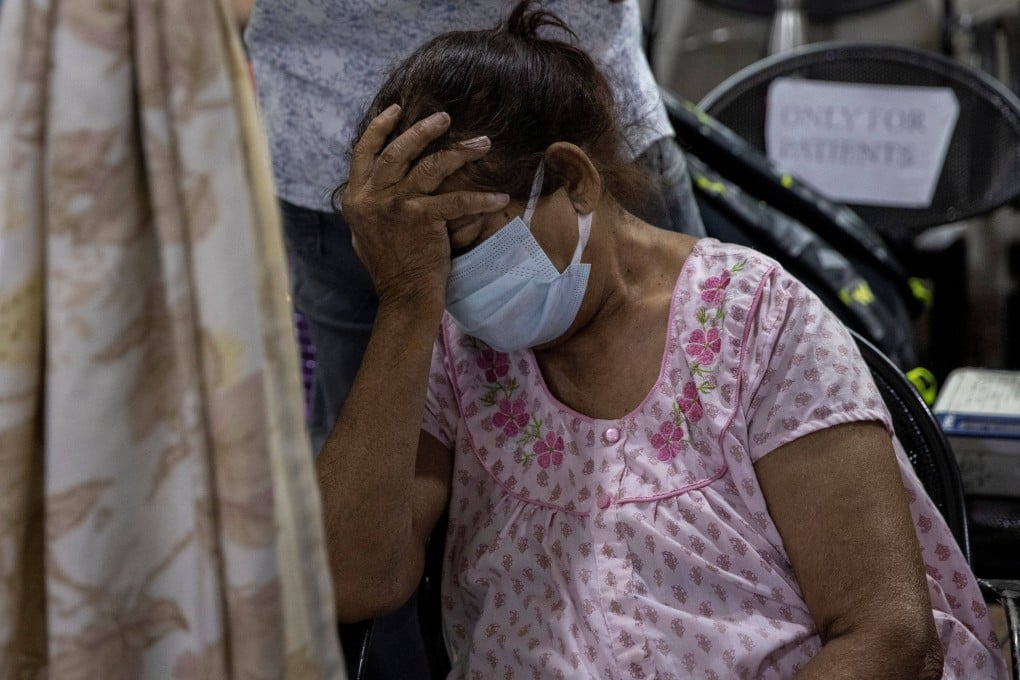India’s Covid-19 surge is taking its toll on mental health, even for those who don’t have the virus
- A psychologist says many Indians are feeling fear, confusion, numbness, anxiety and helplessness as coronavirus cases and deaths surge around them
- The trauma is amplified by the sounds of ambulance sirens, scenes of cremations taking place in car parks, and not being able to hold funeral rituals for the dead

Every phone call brings trepidation.
The surge has brought a teetering health care system to a collapse – hospitals have run out of beds, oxygen supplies and drugs, and although international help is arriving, there are scenes of devastation in both urban and rural areas. Crematoriums are overflowing, forcing authorities to cremate bodies in parks, car parks and even pavements.
Patients are taking to social media, posting desperate pleas for everything from coronavirus tests to a spot at a cremation ground.
But the unabated rise in cases and deaths is not just a struggle for those infected with the virus. Even those who are physically healthy are now living in fear, anxiety and a sense of foreboding that Covid-19 will reach their doorstep or that of someone they know.